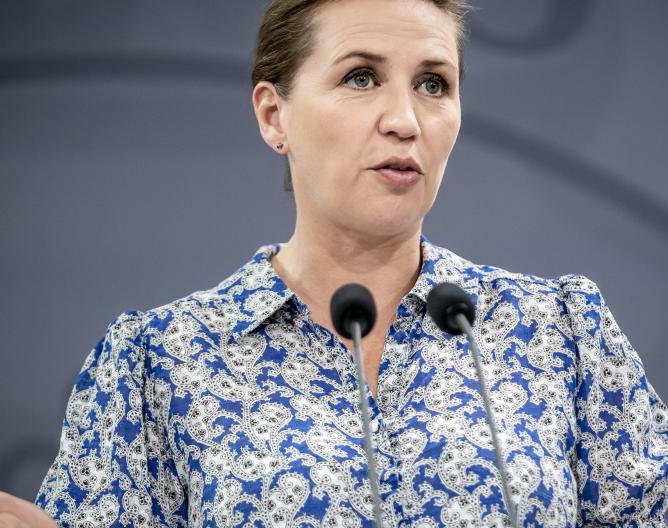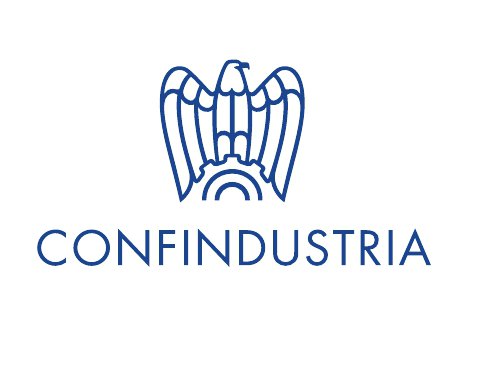Mette Frederiksen, the Social Democratic prime minister, called the most Eurosceptic in the country's history, has announced early elections to avoid a vote of no confidence by her left-wing allies. The reason for the vote: the killing of 15 million minks for health reasons at the beginning of the Covid-19 epidemic. Recently, a commission ruled that the decision was unconstitutional. [Mette Frederiksen: Jeg har begået fejl - men ikke om mink – LandbrugsAvisen]
The Prime Minister acknowledges that he has made a number of mistakes in relation to the handling of the mink case and the coronavirus crisis.
Numerous mistakes have been made during the handling of the mink case and the coronavirus crisis, the prime minister says during the debate during which he responds:
" Mistakes have been made on the mink. It is self-explanatory. The government should have been informed of the absence of authority and subsequently the Mink Commission was set up. He clearly states, as far as the Prime Minister is concerned, that I was not aware of the absence of authority'.
He says he has fulfilled his duty of truthfulness to the Danish parliament.
" It was not wrong to kill minks for public health reasons ."
These were images thatshocked Denmark: the attempt to escape which was followed by the immediate killing of the animal. Four days after the order to eliminate all 15 million farmed minks due to a coronavirus mutation. Since then, the Danish Government has always been under pressure.
It was later established that there was no legal basis for the decision to mass kill the minks. Prime Minister Frederiksen apologized, but reiterated that human health is a priority and that the unprecedented situation can lead to errors. The opposition, which had denounced the abuse, demandedthe resignation of Agriculture Minister Jensen.
The mink killing campaign was announced by Frederiksen's government on November 4, 2020, for all minks in Denmark, which were killed by February 5 ofthe following year, according to an announcement made at the time by the Danish government.
A scandal over the hasty burial of minks in mass graves erupted just a month after the start of the slaughter campaign, with Copenhagen authorities announcing that they would exhume 4 million slaughtered animals for fear that rotting carcasses could contaminate drinking water or areas where people swim.
The world fur trade, whichis worth more than $22 billion a year, faltered after Denmark decidedand killed minks.
Fears of a sudden shortage of mink fur, of which Denmark was the main exporter, pushed prices up by up to 30% in Asia, the International Fur Federation (IFF) said at the time.
That upset the fur business and pushed many luxury brands towards synthetic materials. In addition, fur animal farms are now banned in many countries. Latvia has now become the last member state of the European Union to ban fur farming, joining Austria, Belgium, Croatia, the Czech Republic, Estonia, France, Hungary, Italy, Luxembourg, the Netherlands, Slovakia, Slovenia and, more recently, Malta and Ireland.
On 22 September, latvia's Saeima approved the final amendments to the country's animal protection law: under the new legislation, the breeding of animals with the main or exclusive purpose of fur production will now be banned and the ban will come into force from 1 January 2028.
For the past 10 years, the animal rights association Dzīvnieku brīvība has been campaigning for a ban on the breeding of fur animals. An action supported by 42 thousand citizens and 50 NGOs who have signed an open letter to the Saeima.
The amendments relating to the breeding of animals for their fur were tabled at the Saeima on 9 September 2021 by 11 parliamentarians from different political parties: the amendments were approved by a large majority of votes (70 in favour, only 3 against).
During the year, the Committee on Economic, Agricultural, Environmental and Regional Policy evaluated several proposals and supported the wording of the law: taking into account previous international cases, the members of the commission determined that the date of 1 January 2028 gives sufficient time to entrepreneurs, in accordance with the principles of the rule of law, to gradually end their activities and recoup their investments.



